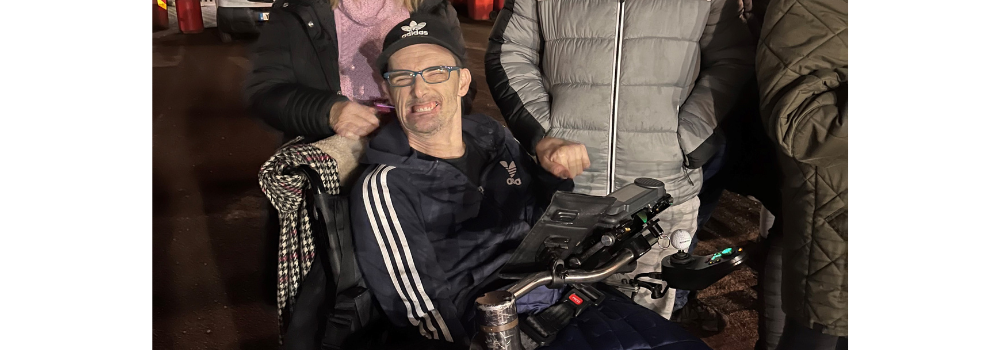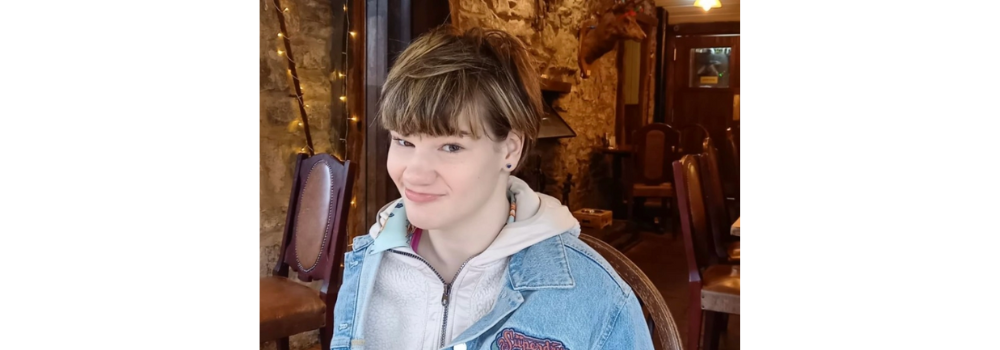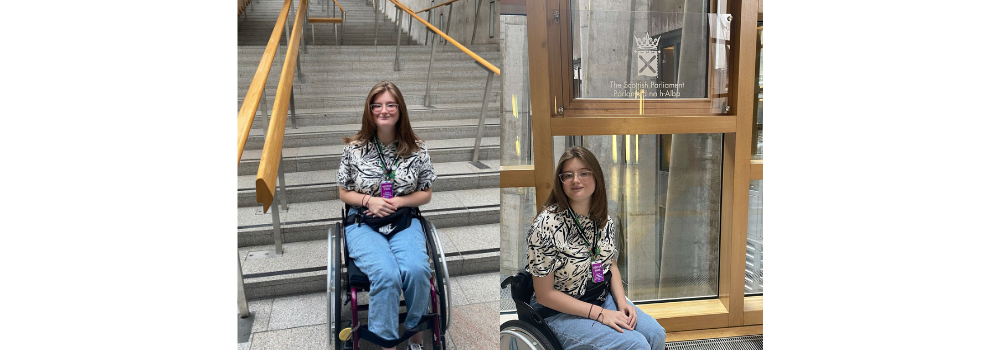As part of cerebral palsy awareness month, Barry Smith has written a blog to let people know about the accessible holidays on offer at Calvert Trust Kielder.
Twenty minutes over the England border from Scotland is a bit which is called Kielder and it has the biggest man made loch in the U.K. As well, it has one of the best holidays for disabled people and their family, who is all ages.
In this story, I am going to tell you about all types of holidays you can have here.
I will start by talking about the little log cabins that sleeps up to six people which has anything you need for a disabled person so they can have a holiday with their family.
If you don’t want to stay in the main center and you’ve got support, there are small flats you can get with everything a disabled person might need, and bigger door ways so a wheelchair user can get access to everything they needed.
If you want to be a part of anything at Kielder, please let the main office know and they will try to plan it for you, and tell you where to meet the staff member to support you.
Now on to respite holidays which I know more about myself because I have been on them three times already and got one booked for this year. This holiday is for over 18s only who have 24-hour support and care. When the person books this they will be asked to fill in a care plan for them to let the care staff know what kind of support the person might need when they’re there, like if the person might need support to get up in the morning and getting washed and ready, don’t worry the care staff can do this for you. You also get three meals each day.
As well as that, you are doing two fun things each day, such as:
- Swimming pool
- Going out on golf buggies
- Climbing wall
- Abseiling
- Going on a Move Boat
- Canoes
- Zip wire
As well a lot more things but I am not going to tell you so you can go and find out for yourself.
One more thing before I go, when you are booking the holiday they will ask, does the person need to be picked up and dropped off again after their break. If they do they can do it up to 50 miles. Some people like me go on the train.
For more information, visit Calvert Trust Kielder website.




